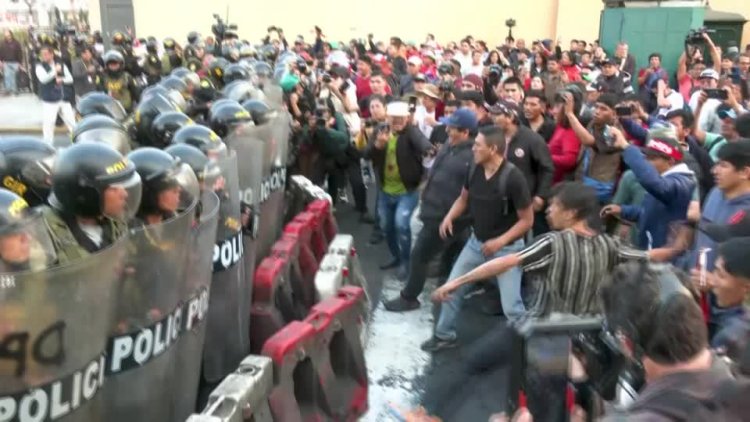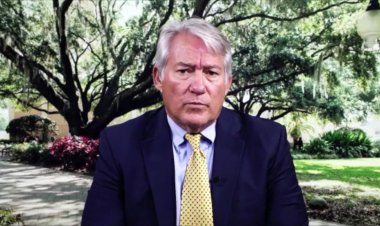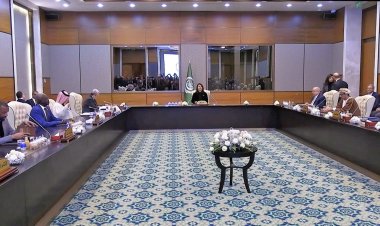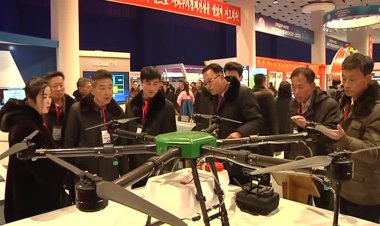Transport workers clash with police in Lima strike

Transport workers and their supporters in Lima, Peru clashed with National Peruvian Police outside the Congress building during a 72-hour strike. This is the second transport strike in two weeks, called by unions across the country to demand more action against rising crime and extortion.
The protesters, numbering at least 300, are demanding the repeal of a recent anti-crime law (Law 32108) that they believe favors criminals. The law, approved in August, is criticized for allegedly benefiting criminal gangs that extort bus drivers in the city.
The demonstration turned violent as police used tear gas to disperse protesters, who responded by throwing bottles and sticks. Authorities reported 13 arrests in the early hours of the protest for various offenses, including blocking roads and burning tires. The government deployed about 10,000 police and military personnel to ensure security during the strike.
This strike has significantly impacted Lima's public transportation, with mass transit coming to a halt and many schools closing. Some bus companies are still operating with reduced services, while taxi drivers and mototaxis have joined the strike.
The transport workers' main grievance is the perceived lack of protection from criminal organizations. Union leaders claim that for about six years, workers have been threatened by organized crime, resulting in 14 attacks and four deaths. They argue that the government's actions, including a 60-day state of emergency declared in late September, are insufficient to address the problem.
The strike highlights the ongoing struggle against crime and extortion in Peru's capital, with transport workers at the forefront of demands for more effective security measures. The outcome of this protest and the government's response could have significant implications for public safety and transportation policies in Lima and potentially across Peru.















